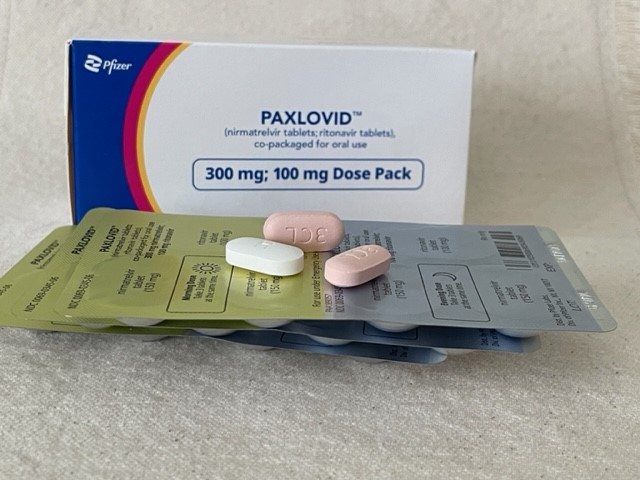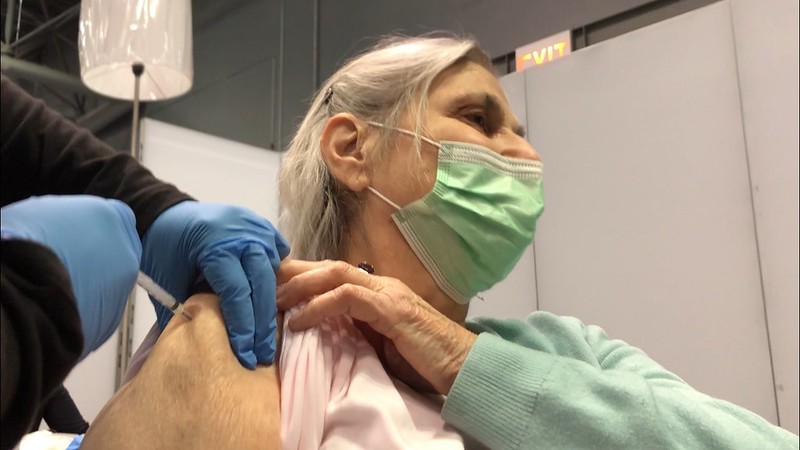.jpg) An analysis of survey data from low- and middle-income countries (LMICs) found that roughly 1 in 4 children under the age of 5 received antibiotics from unqualified sources, researchers reported yesterday in eClinical Medicine.
An analysis of survey data from low- and middle-income countries (LMICs) found that roughly 1 in 4 children under the age of 5 received antibiotics from unqualified sources, researchers reported yesterday in eClinical Medicine.
To assess the proportion of antibiotics for children under 5 in LMICs that originated from unqualified sources (ie, without a prescription or medical supervision), researchers from Bangladesh used data from cross-sectional studies of the latest Demographic and Health Survey (DHS) datasets from 59 LMICs.
DHS is a global survey conducted every 3 to 5 years in LMICs that includes women between ages 15 and 49 and children under 5 who live in residential households. Among the items covered by the survey are illness and antibiotic use in children under 5.
The researchers identified 43,166 children under 5 who had taken an antibiotic for fever/cough 2 weeks prior to the survey, 74% of whom had obtained the antibiotic from a qualified source. The countries with the lowest percentage of antibiotics prescribed by qualified sources were Tanzania (22.4%), Bangladesh (23.7%), and the Democratic Republic of the Congo (46.2%). The countries with the highest percentage of antibiotics prescribed by a qualified source were Malawi (99.9%), Mozambique (96.3%), and Cambodia (94.7%).
In general, no subgroups were found to be especially high- or low-risk groups for taking antibiotics from qualified sources, but a higher percentage of children in rural areas (75%) received antibiotics from qualified sources compared with those in rural areas (72.2%), and the percentage of antibiotics received from qualified sources declined as the number of children under 5 in the household increased.
The study authors suggest that lack of access to medical treatment and lack of knowledge about antimicrobial resistance and inappropriate antibiotic use may play a role in obtaining antibiotics from unqualified sources.
"Our study calls for more robust health infrastructures and implementing various checks and balances for pharmacies not to provide antibiotics suggested by unqualified sources," they wrote. "The researchers hope this study will draw the attention of the relevant authorities to this appalling situation and recommend providing need-oriented support services at an individual level."
















